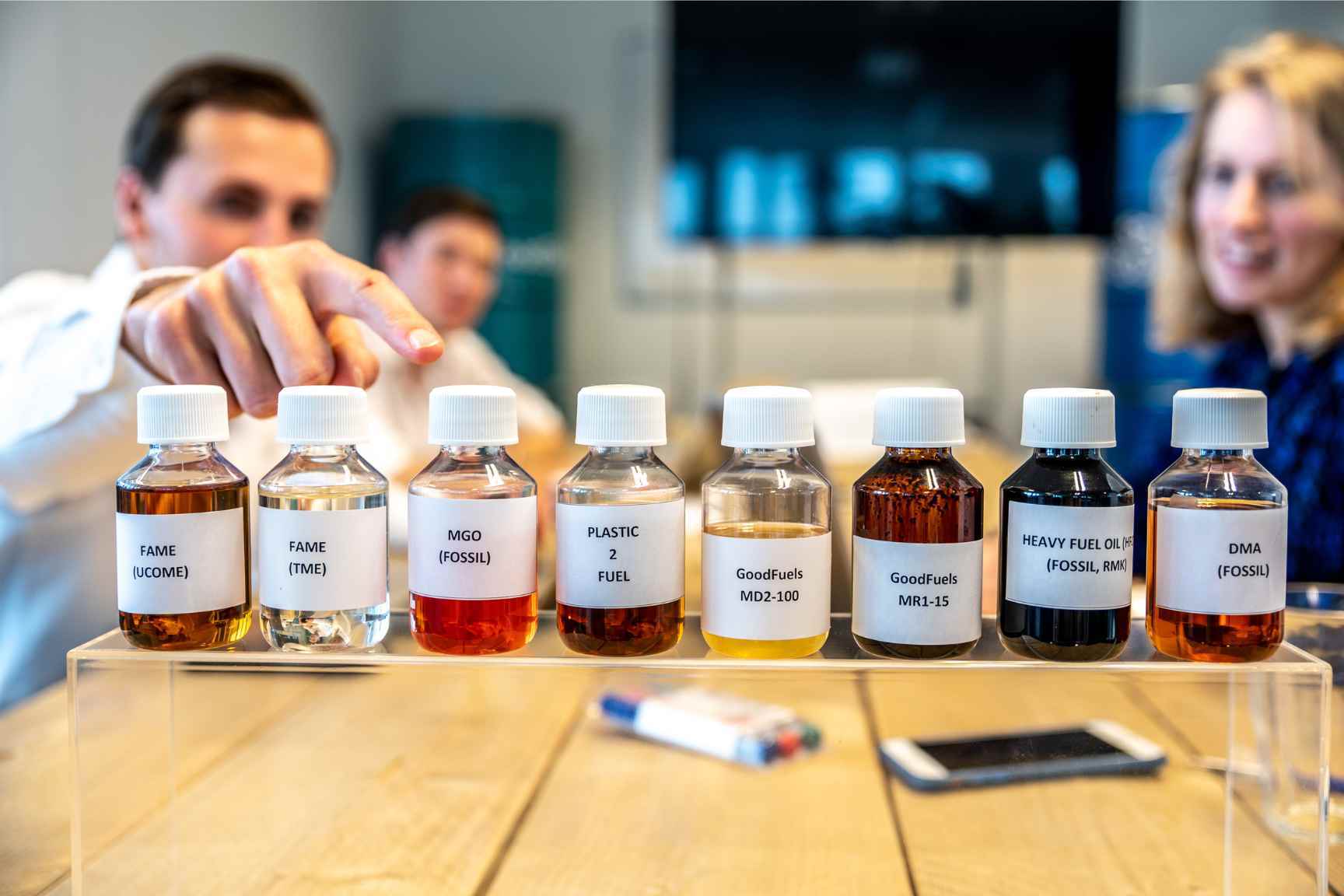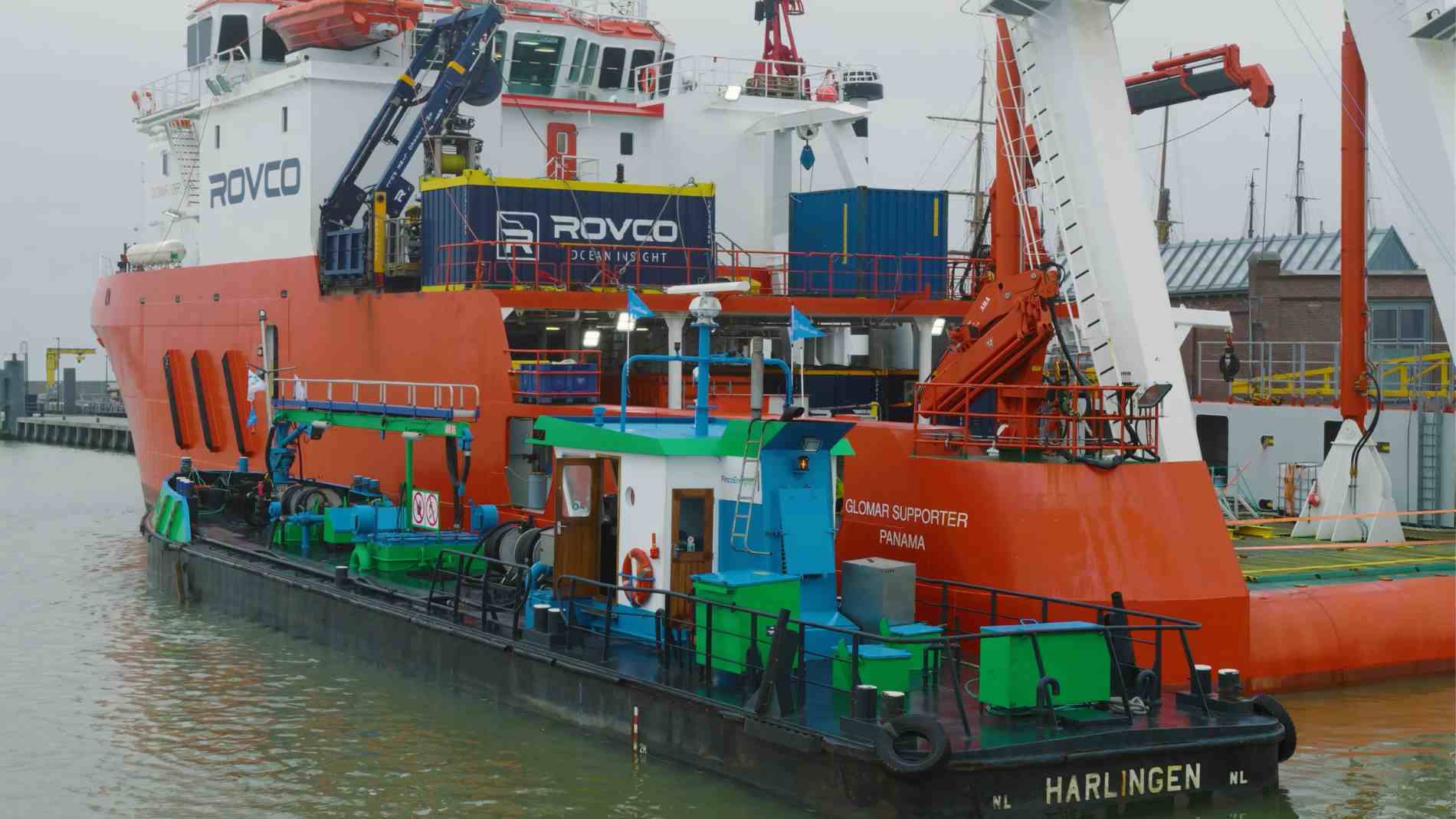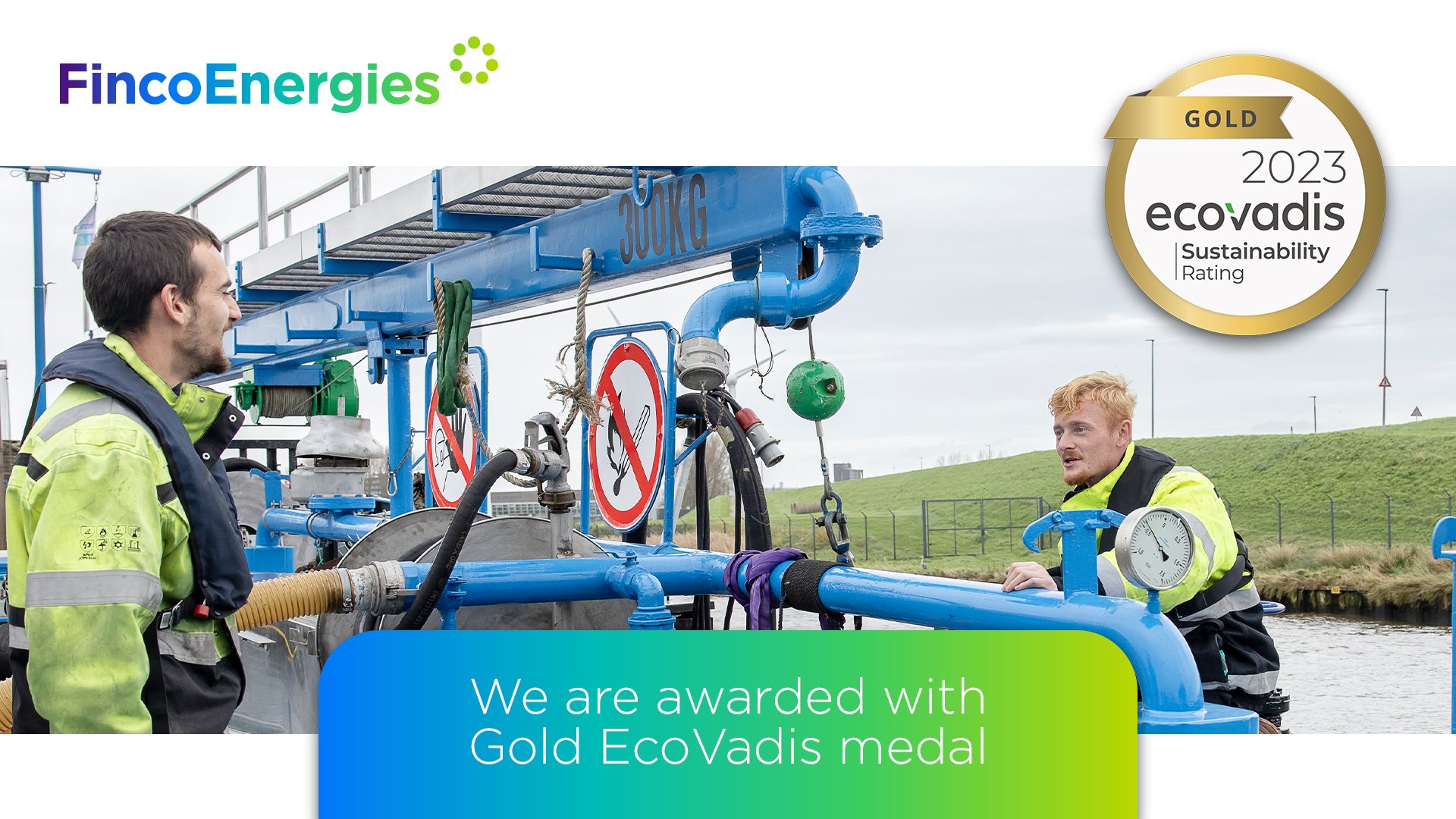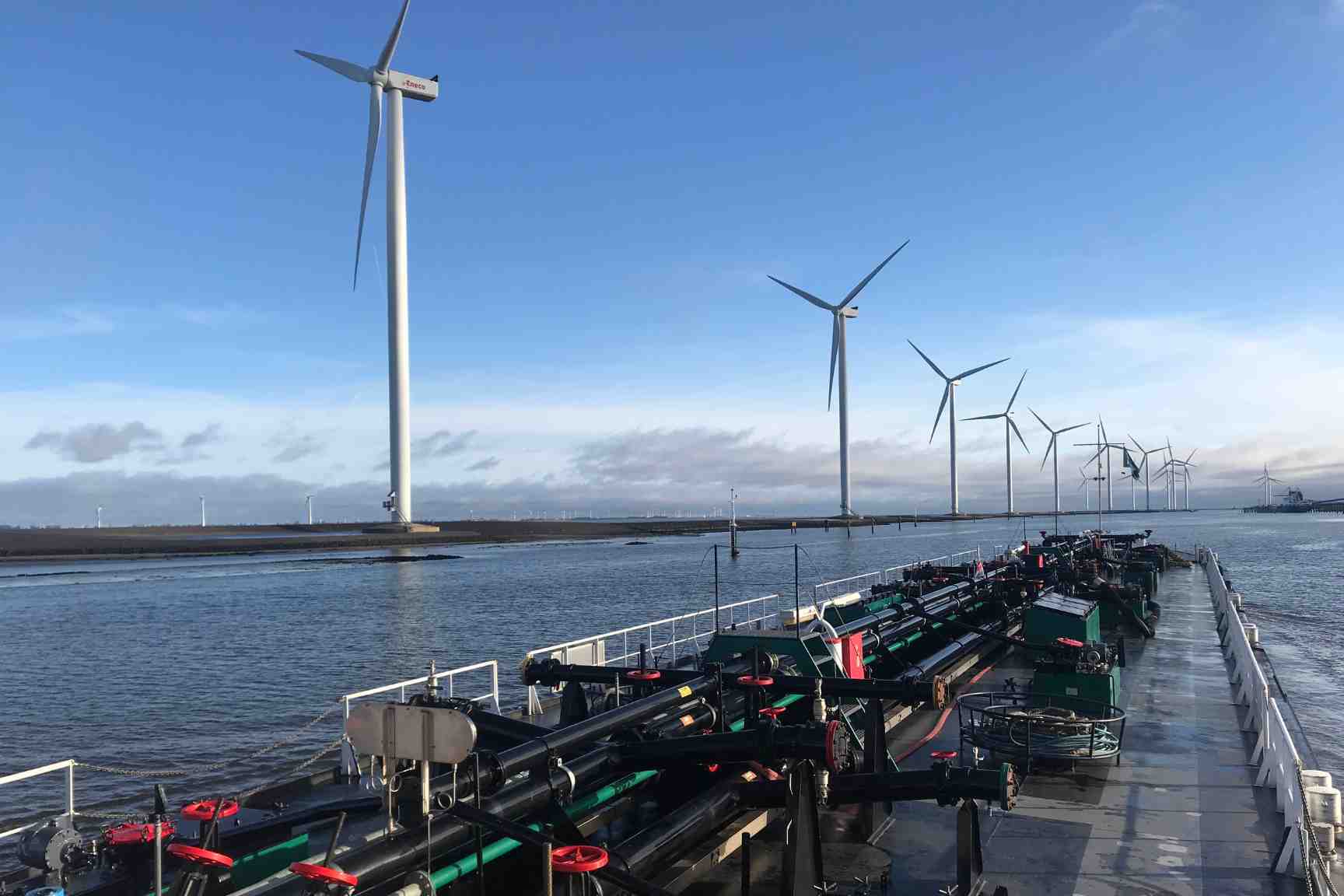Empowering a better world
We are an independent, leading provider of sustainable energy solutions. Our mission is to propel our customers’ transition towards a better world. At FincoEnergies we focus on providing low-carbon fuels, other energy and decarbonisation solutions. With these solutions, we empower our customers to calculate, reduce, inset and offset their emissions.

A decade of growth: from fuels to global decarbonisation
What started in 2013 as a small, Dutch-based fuel distribution company, has grown into an impactful business in decarbonisation solutions and services. With operational bases in the Netherlands, Germany, Switzerland, the United States, and Singapore, we're strategically positioned at the heart of Europe's transport network. From here, we supply our primary markets: road transport, inland barging, and international marine. We seamlessly merge profound expertise in decarbonisation and transportation fuels with a proven track record of entrepreneurial success spanning more than a decade.
Our mission towards a better world
We want to propel our customers’ transition towards a better world. The name Finco is derived from the beautiful colourful finches that Charles Darwin discovered on the Galapagos Islands, and which are a classic example of surviving by continually adapting to new situations. Just like this bird species, we are constantly evolving into the most successful version of ourselves.
.jpg?width=1080&height=1080&name=FincoEnergies%20website%20(3).jpg)
Helping the energy transition move forward
Helping the energy transition move forward
Helping the energy transition move forward

Solid

Seize the opportunity

Frontrunner
News & articles

News | FincoEnergies | 22-02-2024
FincoEnergies empowers Glomar Offshore's decarbonisation journey with GoodFuels HVO30
Read this story
News | FincoEnergies | 31-01-2024
FincoEnergies has received EcoVadis Gold medal for sustainability performance
Read this story
News | FincoEnergies | 29-01-2024
FincoEnergies appoints new CEO to accelerate towards sustainable future
Read this story
News | FincoEnergies | 21-12-2023
Start approval process Authority for Consumers and Markets (ACM) acquisition of Oliehandel Klaas de Boer
Read this story
Ready to explore
more?
more?



.jpg)





